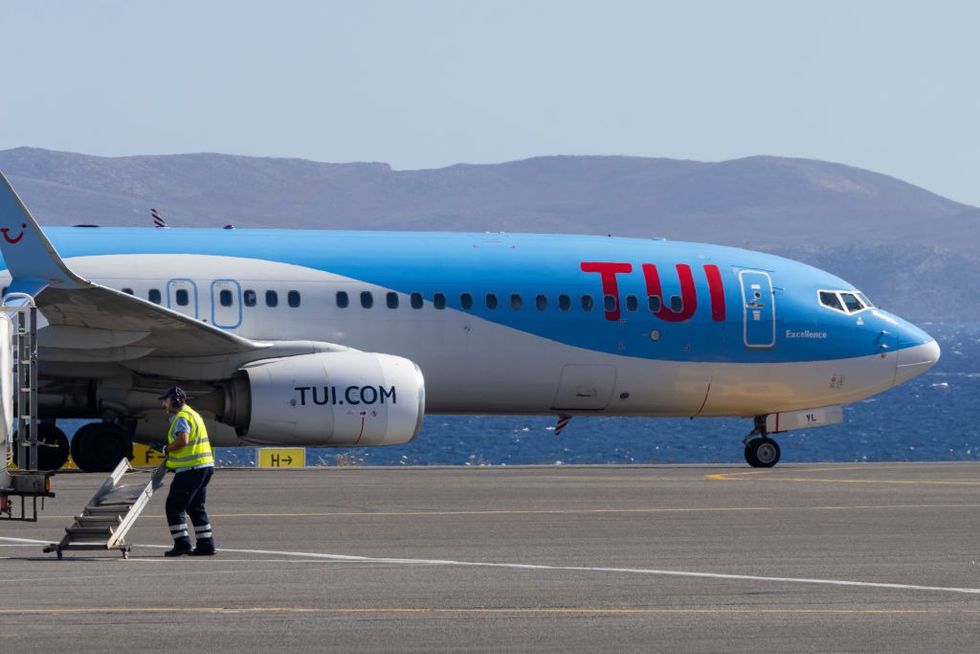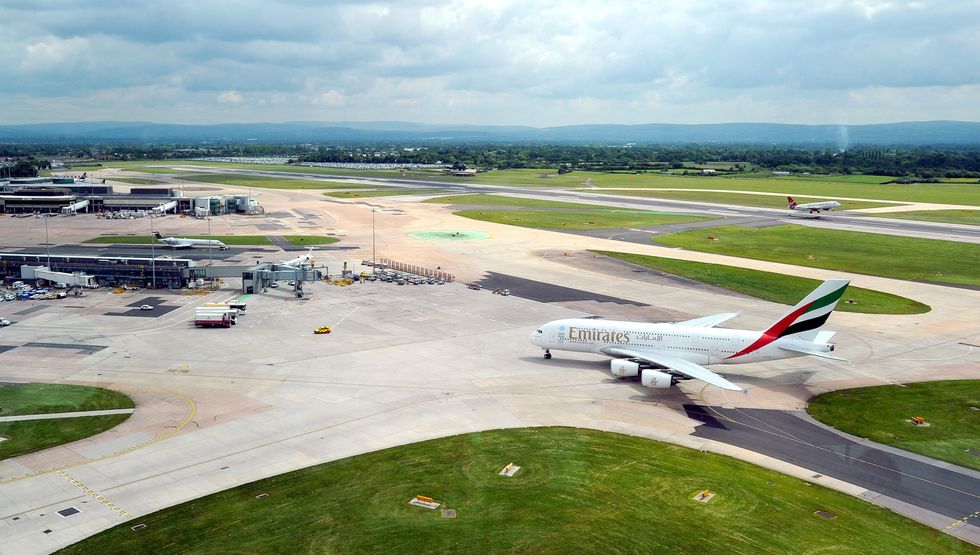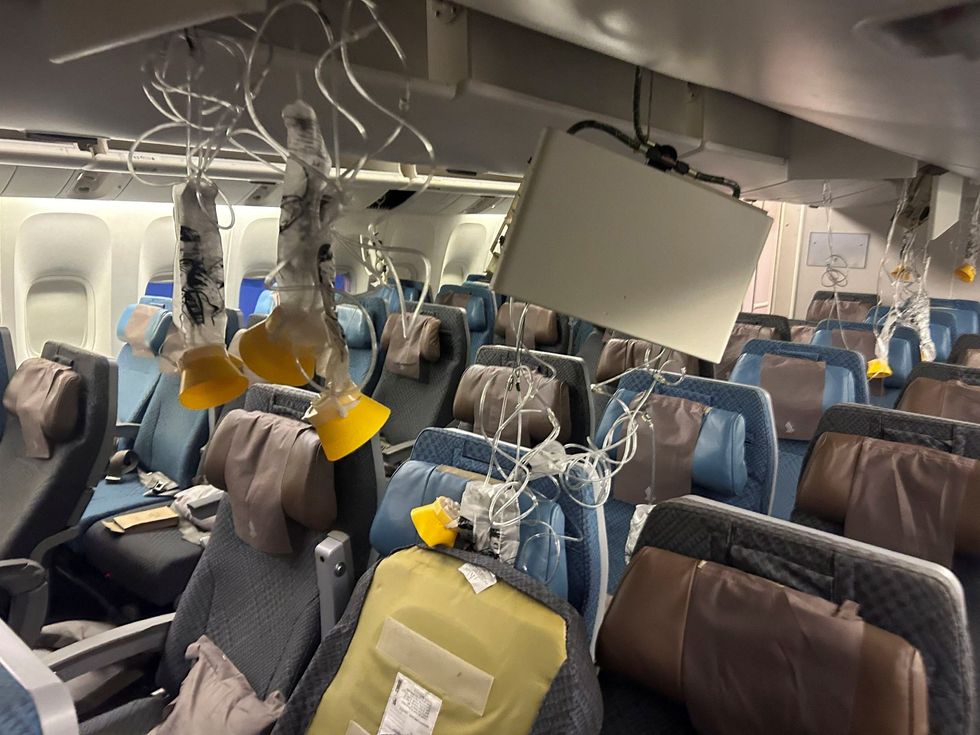Tui flight passengers exposed to 'hypoxia risk' after cabin failed to pressurise

Engineers failed to turn switches back on following maintenance, and both pilots failed to spot this, a report found
Don't Miss
Most Read
Passengers on a Tui flight to Kos, Greece, were exposed to a “hypoxia risk” after the cabin failed to pressurise, a new investigation has found.
The Boeing 737-8K5 took off from Manchester Airport on October 17, 2023, with 193 people on board.
However, the pilot was soon forced to turn back around whilst flying over northern Lincolnshire when it emerged that there was an issue with the switches.
Engineers failed to turn the switches back on following maintenance, and both pilots failed to spot this.

Passengers on a Tui flight were exposed to a 'hypoxia risk' after the cabin failed to pressurise
| GETTYA probe by the Air Accidents Investigation Branch (AAIB) found that those on board “were exposed to a progressive hypoxia risk”, though thankfully no injuries were ever reported.
The aircraft departed “with the engine bleed air system off” because the switches had been “incorrectly left off following maintenance activity” the night before.
As the switches were left off, the aircraft failed to pressurise.
The investigation also found that the pilots did not complete protocols when alerted.
MORE LIKE THIS:

The Boeing 737-8K5 took off from Manchester Airport on October 17, 2023 (file picture)
| PAThe crew failed to complete prescribed drills from a Quick Reaction Handbook (QRH) in response to a cabin altitude warning, “which remained illuminated for 43 minutes”.
“The after take-off checklist is designed to trap the latter omission, but the incorrect switch selection went undetected by the crew,” the report states.
Both switches were then turned on and the plane “continued to climb”, after which an additional warning appeared.
This prompted the pilot to seek advice from bosses on the ground, who told them to return to Manchester Airport.

If the plane would have continued to climb to 14,000ft, oxygen masks would have been deployed
| ReutersPassengers were told about the situation over the PA system, the report confirmed.
If the plane would have continued to climb to 14,000ft, oxygen masks would have been deployed.
Whilst the possibility of losing consciousness below this height is “very small” for healthy individuals, “cognitive performance and decision-making” could be impacted, the report said.











